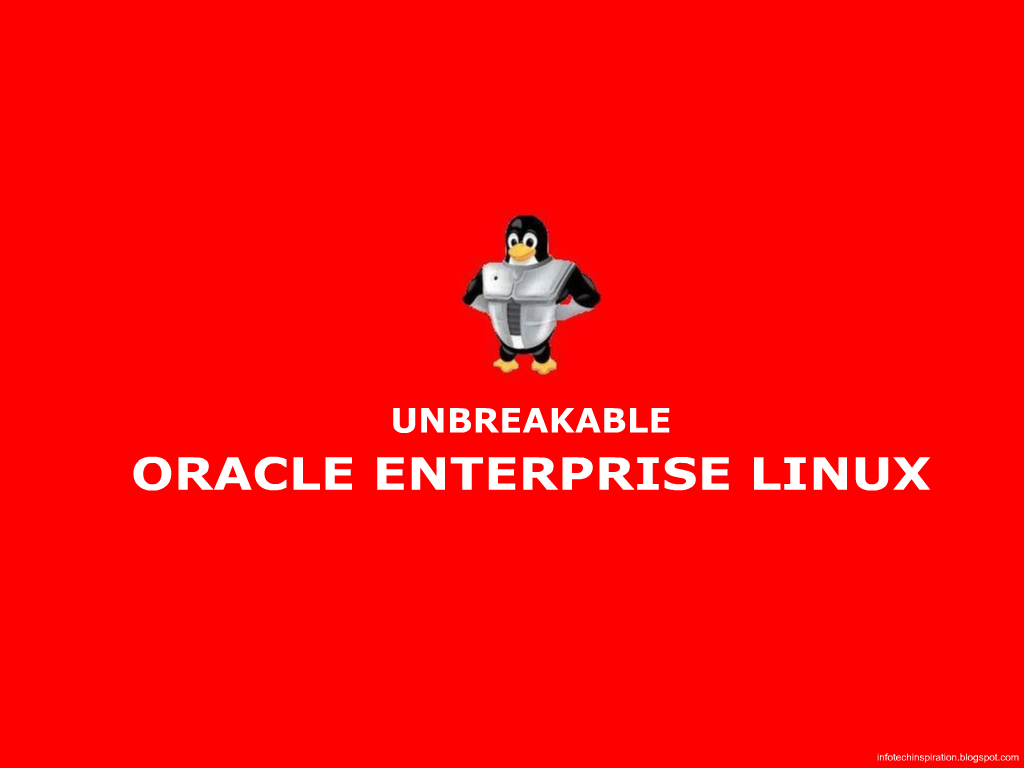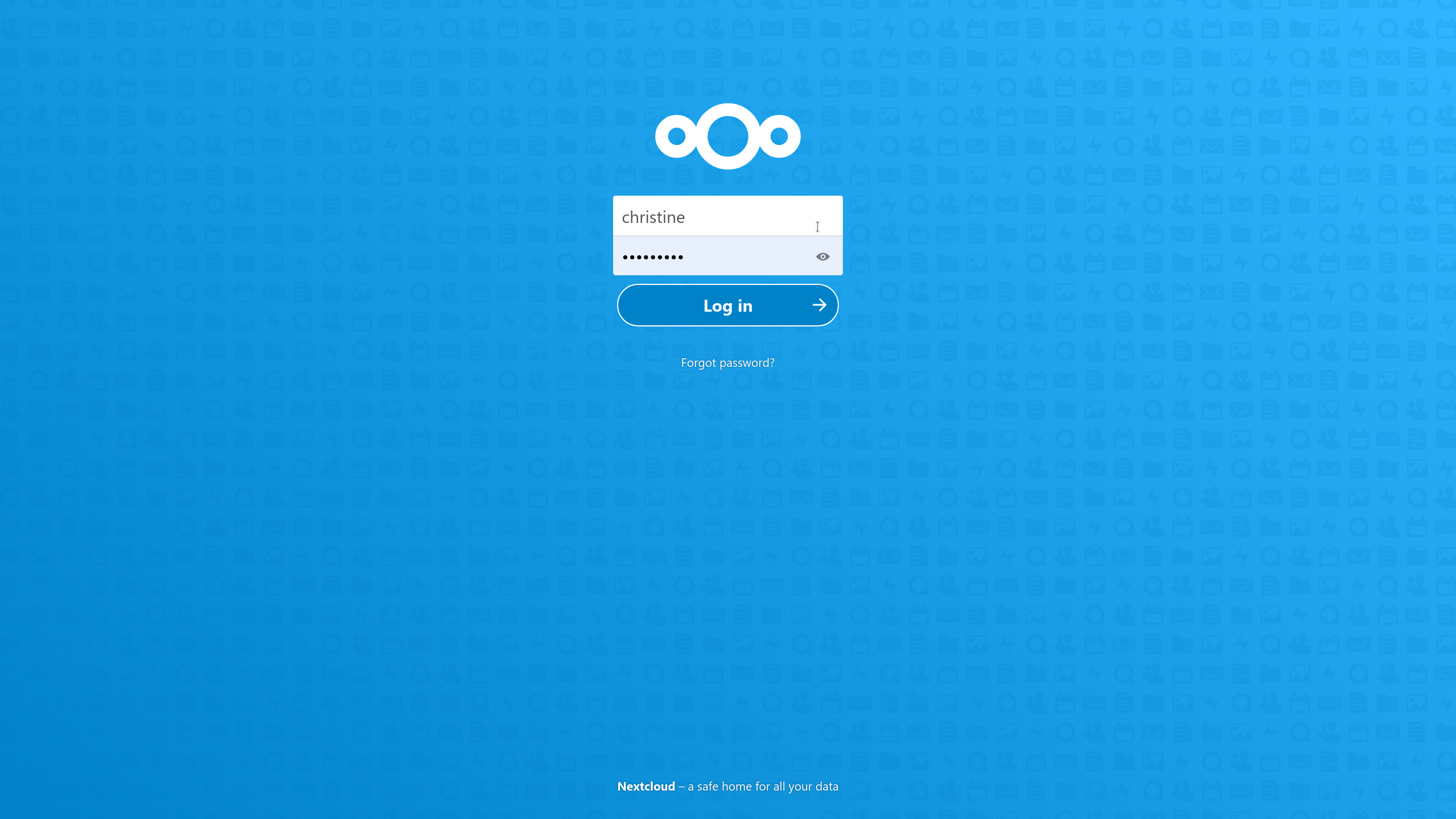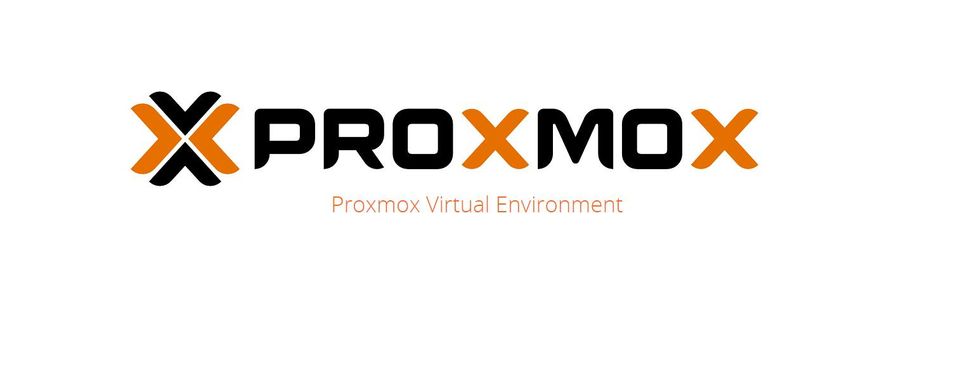Oracle Linux 8.7 released and available for download
Oracle Linux has received a new update for its 8 series. Oracle Linux is the enterprise-focused Linux distribution by Oracle. This release comes approximately 10 days after the release of Red Hat Enterprise Linux 8.7 and AlmaLinux 8.7 .
- As with previous versions, it comes with two kernel versions: Unbreakable Enterprise Kernel and Red Hat Compatible Kernel.
- Oracle Linux 8.7 delivers many package updates, new packages, security improvements, and bug fixes.
Oracle Linux 8.7 is now available for x86_64 systems as well as aarch64.
Two kernel versions
Oracle Linux, like CentOS, AlmaLinux and other enterprise-focused distributions, is based on Red Hat Enterprise Linux and is binary compatible with it. It follows more or less the same release cycle as REHL and as a result also has some of the changes in RHEL 8.7. Oracle Linux 8.7 ships with two kernel versions: Red Hat Compatible Kernel (RHCK) 4.18.0-425 and Unbreakable Enterprise Kernel Release 7 (UEK R7) 5.15.0-3. In new installations, the UEK R7 kernel is the default one. However, when updating Oracle Linux instances, the kernel will not get upgraded automatically and system administrators will need to do this manually.

Some of the new features include:
- A size limitation feature for the Rsyslog file with action.errorfile.maxsize option.
- XMLStarlet package, that allows users to parse, transform, query, validate, and edit XML files.
- Rust Toolset is updated to 1.62.1
- LLVM Toolset is updated to 14.0.0
- GCC Toolset is updated to 12
Dynamic programming languages, as well as web and database servers are also getting packages updates. Ruby 3.1.2 is now available as a new module stream, alongside Mercurial 6.2 . Support for Btfrs and OCFS2 file systems is now removed from the Red Hat Compatible Kernel. A new utility to modify the readahead value for NFS mounts, nfsrahead, was added.
There are also changes that affect high availability and clusters in this release:
- pcs stonith update-scsi-devices allows updates to multipath SCSI devices without restarting the cluster
- Pacemaker clusters have UUIDs
- The multiple-active resource parameter now accepts a value of stop_unexpected
- Pacemaker allow-unhealthy-node resource meta-attribute added
- Pacemaker includes Access Control Lists (ACLs) for system groups
- Pacemaker –output-format=cmd option generates command line output to recreate fence devices and resources
These are just some of the new changes in Oracle Linux 8.7. For the full changelog, click here.
Download Oracle Linux 8.7
You can download your preferred ISO file for Oracle Linux here.





